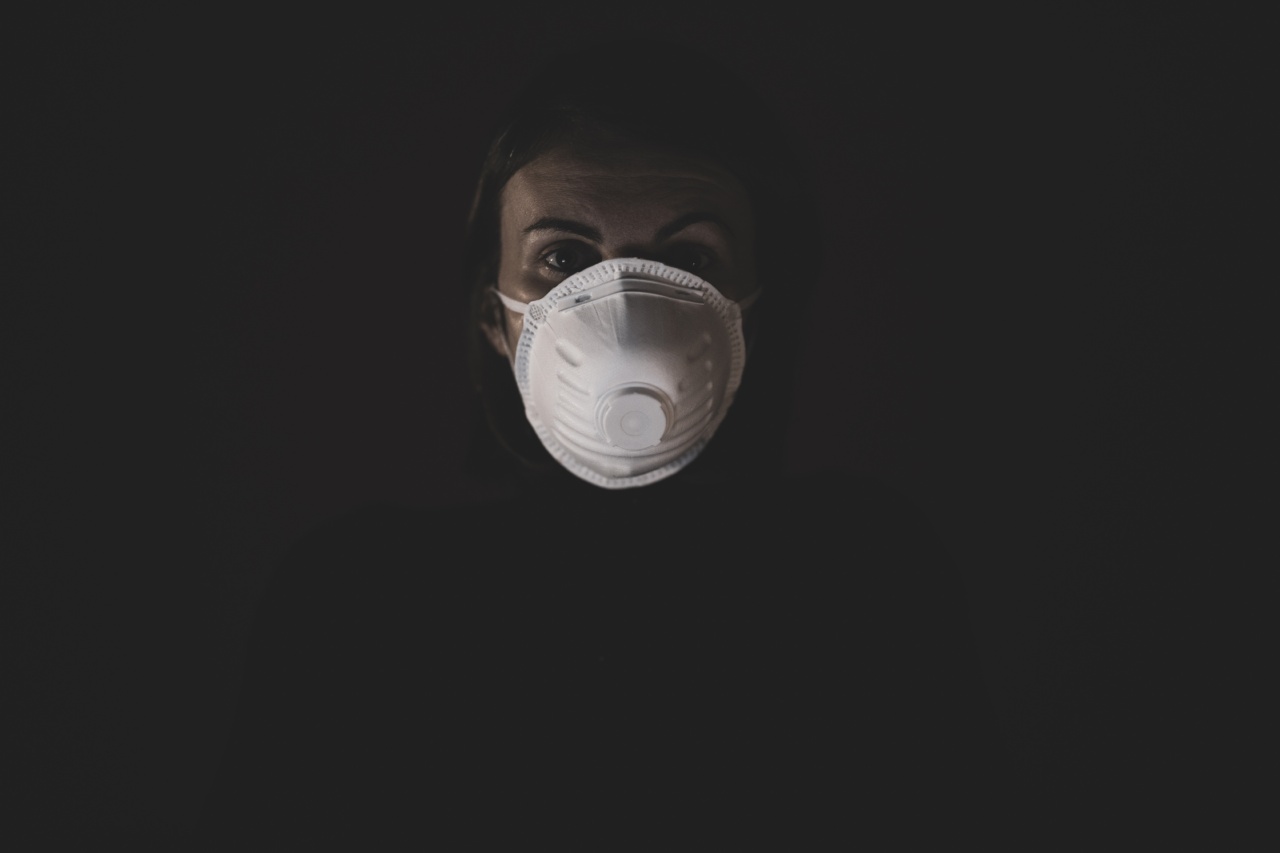The world is no stranger to deadly diseases that can claim millions of lives. Epidemics have been a significant challenge throughout human history, and their impact is still felt today.
Infectious outbreaks can spread like wildfire, causing fear and chaos as they sweep through communities. From smallpox to Ebola, many diseases have caused devastation throughout the years.
The History of Epidemics
Epidemics have been a part of human history for thousands of years. The earliest recorded epidemic was the Plague of Athens, which occurred in 430 BC.
This disease killed over a third of the Athenian population, and it was followed by several other epidemics in the years that followed. The Black Death of the 14th century is one of the most well-known epidemics in history, killing over 25 million people in Europe alone.
The modern era has seen many epidemics as well. The Spanish Flu of 1918-1919 is thought to have killed over 50 million people worldwide. More recently, the HIV epidemic has claimed the lives of over 35 million people since it first emerged in the 1980s.
The Impact of Epidemics
Epidemics often have far-reaching consequences beyond just the immediate loss of life. They can cause economic disruption, strain healthcare systems, and lead to social upheaval.
During epidemics, people may be afraid to leave their homes, businesses may shut down, and healthcare workers can become overwhelmed. The impact of epidemics can be felt for years to come.
The Search for Cures
Throughout history, people have searched for cures for epidemics. Early efforts focused on using remedies made from natural ingredients, such as plants.
The Chinese used herbs to treat diseases thousands of years ago, and many modern Western medicines are based on natural remedies. One example is aspirin, which is derived from willow bark.
As the field of medicine advanced, researchers began to focus on developing vaccines and other preventive measures. Vaccines have been instrumental in preventing the spread of diseases such as smallpox, polio, and measles.
In recent years, researchers have made significant progress in developing vaccines for diseases such as Ebola and Zika.
Scientists are also working on developing new treatments for diseases that do not have effective treatment options. For example, antiviral drugs have been developed in recent years to treat diseases such as HIV and hepatitis C.
The Importance of Preparedness
One of the best ways to prevent the spread of epidemics is to be prepared. Healthcare systems must have the resources they need to treat patients, and governments should have plans in place to respond to outbreaks.
Public health campaigns are essential for educating people about how to stay healthy and prevent the spread of diseases.
The COVID-19 pandemic has highlighted the importance of preparedness. Countries with well-funded healthcare systems and robust public health infrastructure have fared better in controlling the spread of the disease.
Countries that were slow to respond to the pandemic have seen devastating consequences.
Conclusion
Epidemics have been a part of human history for thousands of years, and their impact is still felt today. They can cause devastating loss of life, economic disruption, and social upheaval.
However, humanity has made significant progress in developing cures and preventive measures. Vaccines, antiviral drugs, and public health campaigns have all been instrumental in preventing the spread of deadly diseases.
Preparedness is essential for preventing the spread of epidemics, and the COVID-19 pandemic has shown us that we must be ready for whatever comes next.


























